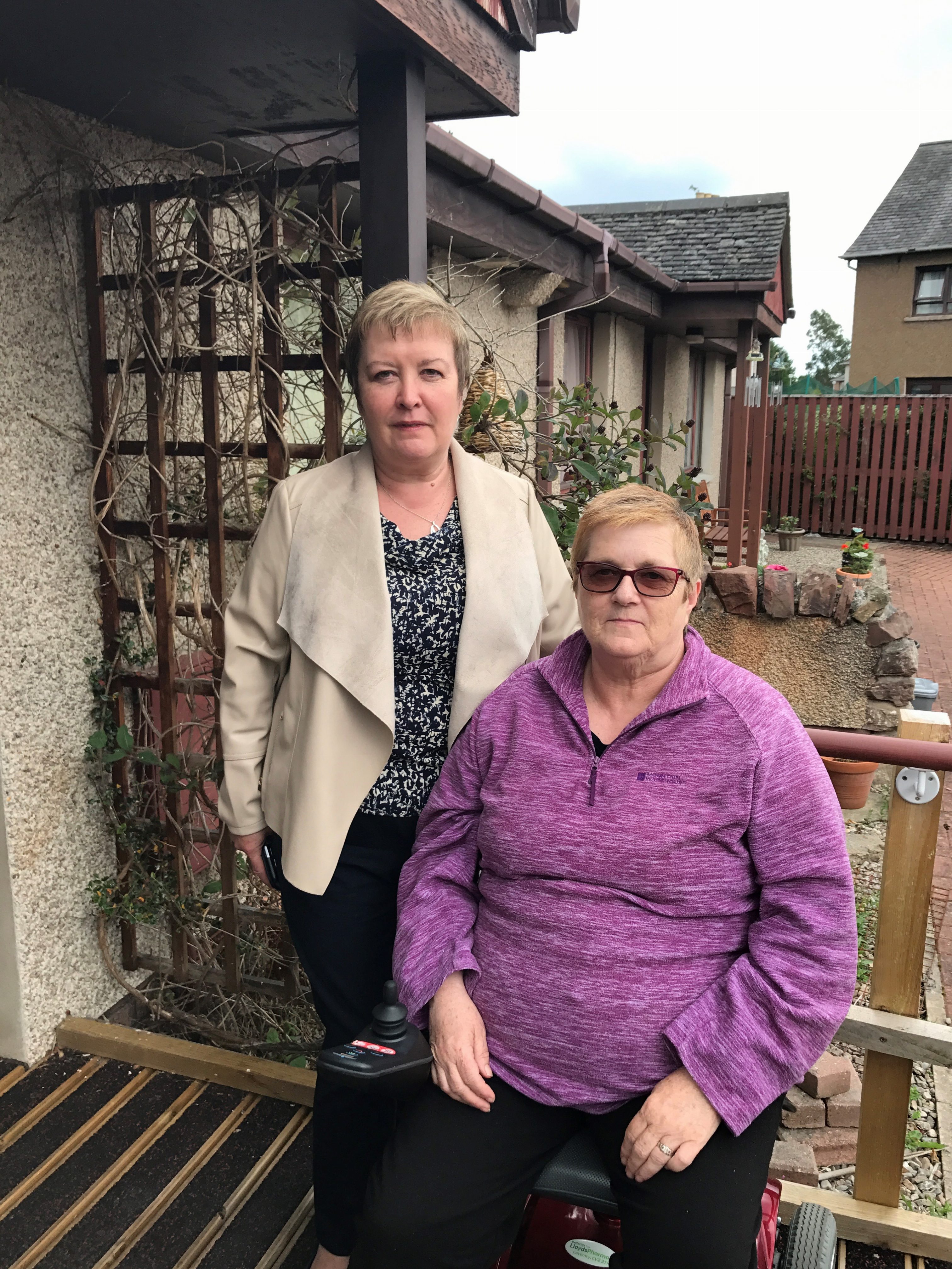Media release issued today by Tremor Society:
The Scottish Parliament cannot address a petition urging for the use of a new, life-changing treatment, transcranial Magnetic Resonance Guided Focused Ultrasound – more commonly referred to as MRgFUS – for the treatment of medication refractory Essential Tremor within NHS Scotland.
The Public Petitions Committee has been considering the petition, which was first tabled in July 2019 and during multiple meetings since. The most recent of these meetings in December heard evidence from a renowned Professor Neurosurgeon from Imperial College London, and the committee were impressed by the benefits of the therapy. As a result, the Committee requested written evidence from the Cabinet Secretary for Health and Sport, Jeane Freeman OBE MSP, on whether the treatment can be cleared for use in Scotland.
The Committee was due to discuss this again on the 10th of February but the Cabinet Secretary for Health and Sport failed to respond in time, resulting in the issue being dropped from the meeting agenda.
Mary Ramsay, chair of the Scottish Tremor Society said, “I have spent 21 years raising awareness of the impact of Essential Tremor and a lifetime living with the condition myself. I learned six years ago about MRgFUS as an effective treatment for this condition from the National Tremor Foundation in England. Since that moment, I have tirelessly petitioned the Scottish Government to make this treatment available to Scottish patients. I am deeply frustrated that the Cabinet Secretary for Health and Sport has failed to respond to our parliamentary petition. One hour of her attention could mean a lifetime of change for many thousands of Scottish people living with a condition that could be treated more effectively, safely and cheaply.”
She continued, “The COVID-19 response must be taking up most of the Cabinet Secretary’s attention right now and we all want to see Scotland recover from COVID-19 and build NHS Scotland back better. Surely MRgFUS could build an opportunity for recovery for Scottish Essential Tremor patients alongside these plans. If the Cabinet Secretary does not respond to the Scottish Parliamentary Petitions Committee before the election, we will have to start the process all over again. I just wish the Cabinet Secretary, or the First Minster would talk to me about my experiences throughout 64 years of living with the condition, I know in my heart it can be better treated.”
More than 4,000 people in Scotland live with Essential Tremor, and it is estimated to be up to ten times more common than Parkinson’s Disease[1]. A progressive and often debilitating disease that is relatively unknown, Essential Tremor frequently leaves patients isolated, embarrassed, and often frustrated at the lack of awareness and understanding of the disease.
Highland and Islands Labour MSP, Rhoda Grant, who supports Mary Ramsay’s campaign, said, “To hear that we are further delayed in our efforts to offer potentially life-changing treatment is incredibly disappointing. Many Essential Tremor patients in Scotland will be extremely disheartened by this news, particularly when this treatment is already being offered in England. While I understand the challenges that NHS Scotland faces in the midst of this global pandemic, I urge the Cabinet Secretary for Health and Sport to deliberate this matter and support those suffering from Essential Tremor in Scotland.”
About Essential Tremor
Essential Tremor is a neurological disorder which affects an estimated one million people in the UK,[2] and can affect any age group, with a prevalence of around 5% of patients being children.[3] It is characterised by an uncontrollable shake or tremble in parts of the body (arms, head, eyelids, lips and other muscles), and is a progressive disease that has hereditary links. Generally, tremor is caused by a problem in the deep parts of the brain that control movements. Everyday tasks such as personal care, writing, using technology, eating, or simply getting dressed etc., can be impossible for people with severe Essential Tremor.
About Magnetic Resonance-guided Focused Ultrasound (MRgFUS)
Magnetic resonance-guided focused ultrasound (MRgFUS) technology uses MRI imaging to guide high powered, focused ultrasound to a very small point. At that point, molecules are vibrated extremely quickly, which creates intense local heat. That heat can destroy tissue. MRgFUS allows clinicians to target a very specific focal point – with very little heating produced in front of and behind that point, so only the targeted tissue is affected.
About the Scottish Tremor Society
The Scottish Tremor Society is an affiliate of the UK wide National Tremor Foundation and is dedicated to helping people in Scotland with Tremors.
We hope to provide a supportive and caring environment and aim to help everyone no matter how young or old with a Tremor.
[1] National Tremor Foundation. About Tremor. Available at: https://tremor.org.uk/what-is-tremor. Last accessed: February 2021.
[2] Imperial NHS. 2016. Available at: https://www.imperial.nhs.uk/about-us/news/trust-first-in-the-uk-to-use-non-invasive-ultrasound-for-brain-surgery. Last accessed: February 2021.
[3] National Tremor Foundation. Essential Tremor in Children. Available at: https://tremor.org.uk/essential-tremor-in-children. Last accessed: February 2021.

